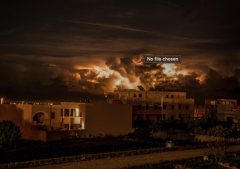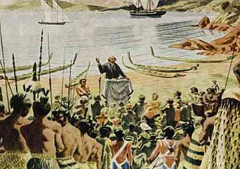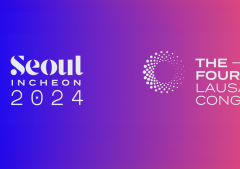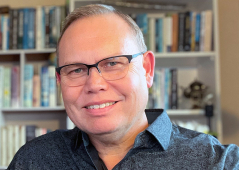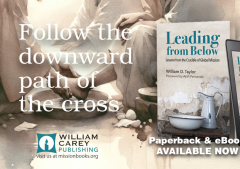
An introduction to the new book: Leading From Below
Taking editor's privilege, CDI Opinion Editor Jay Mātenga introduces a new book to the Christian leadership market that he had some involvement in bringing to life. Bill Taylor's "Leading From Below" is a counter-cultural yet biblically-faithful reflection on leadership from a veteran of the Evangelical global missions community. This is a landmark volume full of anecdotes from decades of leadership experience, providing an insider's perspective of what many wonder global Christian leadership mi



